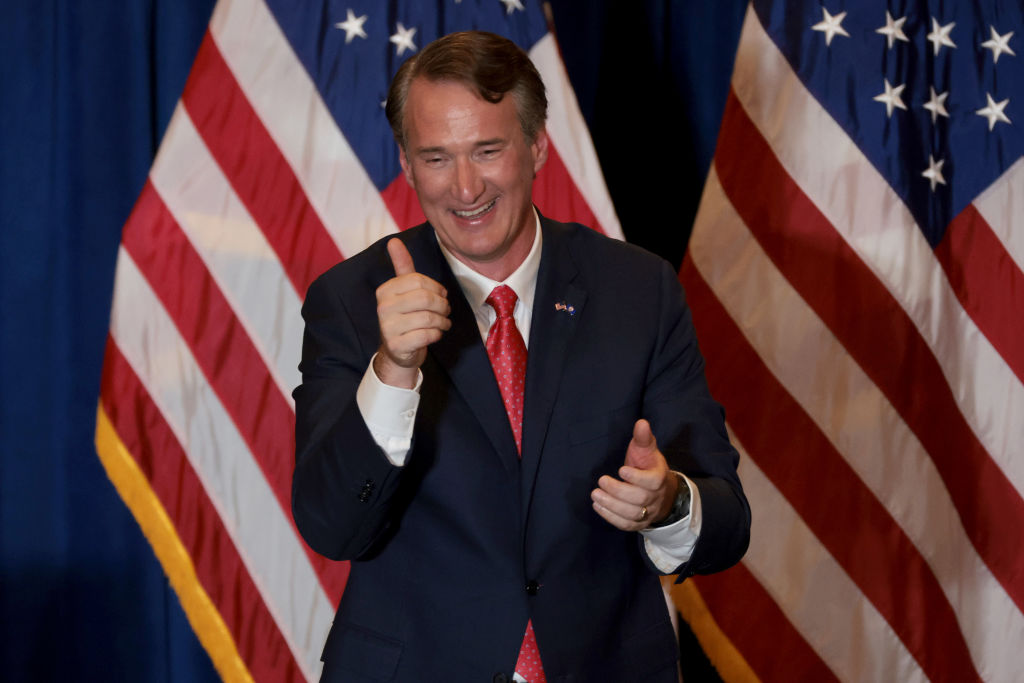Two strikingly different takeaways from off-year elections in Virginia and New Jersey are playing out in Washington, D.C.
On the Democratic left, hardcore types are doubling down on their transformative agendas (apparently in the belief that their most recent nominees were not progressive enough to rally the Democratic base).
All the while, they are assigning additional blame for their election debacle to a secret but omnipresent army of “white supremacists,” now including an increasing number of African-American enlistees.
Here, political playbooks never seem to change. But at what point does an overplayed race card lose its political appeal?
For the rest of us (at least those who live in the real world), the results were a surefire indication that America’s infatuation with real progressivism may indeed be short-lived, despite the best efforts of MSNBC ideologues to the contrary.
The reader need not take my word for the latter conclusion, as it appears that a growing number of heretofore hesitant Democrats now wish to pursue a more “normal” policy course going forward.
Indeed, the adjective exploded from the lips of moderate Democrats who suddenly infer their increasing vulnerability in the immediate aftermath of the twin election surprises.
All of which is good news for the country — if the proponents are serious and if the proponents are willing to endure a heavy dose of vitriol directed their way from the woke bleachers.
But what does “normal” really mean in the context of today’s policy debates? Ponder that foundational query while mulling over the following questions:
Does “normal” mean restarting our domestic natural gas revolution that only two short years ago produced American energy independence?
Does “normal” mean the Biden administration will stop nominating candidates who call for the collapse of our oil, coal and natural gas industries?
Does “normal” mean that Washington will now recognize the quality-of-life killer known as inflation is here for the foreseeable future?
Does “normal” mean Washington will stop spending money like drunken sailors? (With apologies to drunken sailors.)
Does “normal” mean Washington will finally recognize a stability-threatening, chaotic and dysfunctional southern border — and do something about it?
Does “normal” mean Washington will reject the notion of (megabuck) reparations for migrants who cross the border illegally?
Does “normal” mean that public local boards of education will respect the concerns of public school parents when it comes to the educational well-being of their children?
Does “normal” mean our armed forces will re-engage their primary mission of protecting the national security of the United States?
Does “normal” mean ludicrous proposals such as “defund the police” will be appropriately thrown in the wastebin of history?
Does “normal” mean cultural elitists and the legacy media will cease their campaign to denigrate the values, concerns and attitudes of working-class Americans?
Does “normal” mean inconsistent masking requirements and vaccine mandates that do not comport with real science can (finally) be repealed?
Does “normal” mean recognizing that woke and indecisive leadership only invites more Chinese, Russian and Iranian aggression?
I could go on, but you get the point.
Indulging the most extreme elements of its progressive wing produced embarrassingly poor results in two reliably blue states only a year into the Biden administration.
Whether enough support can be generated for a course correction back to “normal” will be determined by whether those pre-midterm results are interpreted as merely a fork in the road, or recognized as the first tangible evidence of a realigning cycle next November.
This article appeared originally on The Western Journal.

























 Continue with Google
Continue with Google